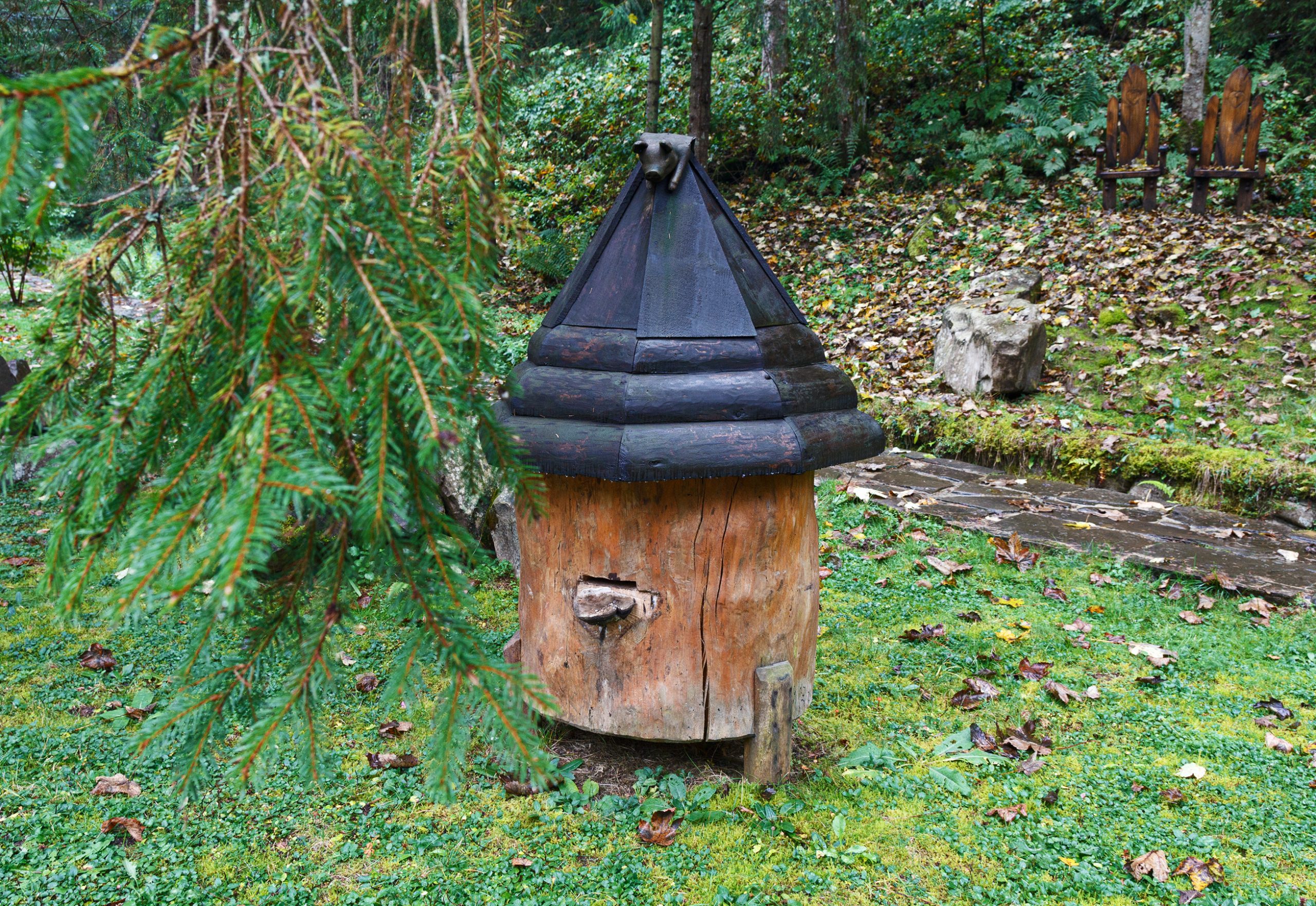Pet Honeybees Cause Bitter Fight Between Neighbors
June 19, 2016
Bee Colony Collapse, Honey, Honey Bees
In the past few years, beekeeping has become a more popular hobby as news of declining honeybee populations spreads. Not only does it provide a fun hobby and a source of honey, but beekeeping also contributes a helping hand to the hurting pollinators we rely on so much for our own survival. David Sharpless of Henderson, NV is one such hobbyist, so much so he thinks of his honeybees as his pets. Unfortunately, Sharpless lives in a relatively close-quartered neighborhood, right up against his neighbors, and two of them, Brandon Hulet and Hayley Jeeter, have enough issues to demand the bees be relocated.
According to Hulet, "We can't enjoy our backyard. In Nevada, in the summer, it's hot. You want to go out and enjoy your pool, and it's pretty impossible." Hulet, who moved to the neighborhood two years prior, said he started seeing honeybees in his backyard about one year ago. He says he tried to talk to Sharpless after his three-year-old son was stung twice in their pool. By Hulet’s account, “[Sharpless] said, 'You can't prove they’re mine.' I said, 'You gotta do something about it.' He said, 'They are friendly and they’ve never stung anyone before.'"
Jeeter had similar complaints, saying the bees are a “nuisance” and she’s been trying to “prevent the bees from coming into [her] backyard" because she has three young children. "Anytime we are in the backyard, we have to bring fly swatters. Sometimes, we start a fire pit." Sharpless’s response was to say, "They are not looking to hurt anyone. They have no interest in hurting anybody."
In regards to these complaints, the state carried out several investigations but found Sharpless could keep his bees because they didn’t reach the nuisance level or security threat Hulet and Jeeter described. "The state agriculture department came in and found [the bees] were not Africanized," said Keith Paul, a city spokesperson. Africanized bees, often called "killer bees," are hybrids of European and African honeybees and are considerably more aggressive. "We are not discounting the complaints from the residents, but we can only go by what experts find at the time."
In response to the investigations’ results, Jeeter stated she can’t understand how the city can allow Sharpless to raise bees in the neighborhood since they aren’t contained to his property. She’s even considering moving due to the nuisance: "We can't get the city on our side, so we’re left feeling despondent about what we can do to secure a backyard space." In defense of his honeybees, Sharpless has said he’s not disregarding his neighbors’ concerns but pointed out that besides Hulet and Jeeter, no one else has filed complaints. "They are trying to control what I do in my yard," Sharpless said. "I don’t tell them they can't have screaming kids in their yard in the afternoon. Everyone has a right to do what they want in their yard."
Hulet and Jeeter, who clearly hope to avoid issues, have stated respectively: "It's not like we have a grudge against this guy," and "Our complaint is it’s a wonderful vocation; it's just in the wrong location." Hopefully, these neighbors will find some resolution in the near future.


.jpg)



